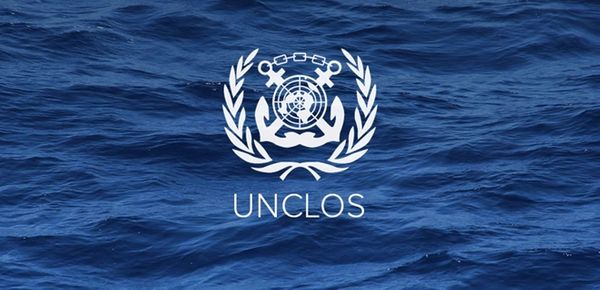The qualification present in this passage gave rise to the pure ‘mandatory’ form of universal jurisdiction, according to which each State assumes jurisdiction and consequently must prosecute all offences generally recognised as of universal concern, regardless of where the offence took place or who the perpetrator or the victims were.
However, this ‘unilateral limited universality principle’ is distinguished from the ‘co-operative limited universality principle’, which confers upon the State the right rather than the obligation (may instead of must) to prosecute; in such a situation Grotius was quite categorical:
“Alterum facere debeat, aut ut ipsa interpellata pro merito puniat nocentem, aut ut eum permittat arbitratio interpellantis.” Principle of universality as a base of jurisdiction in law of the sea, Principle of universality as a base of jurisdiction in law of the sea

